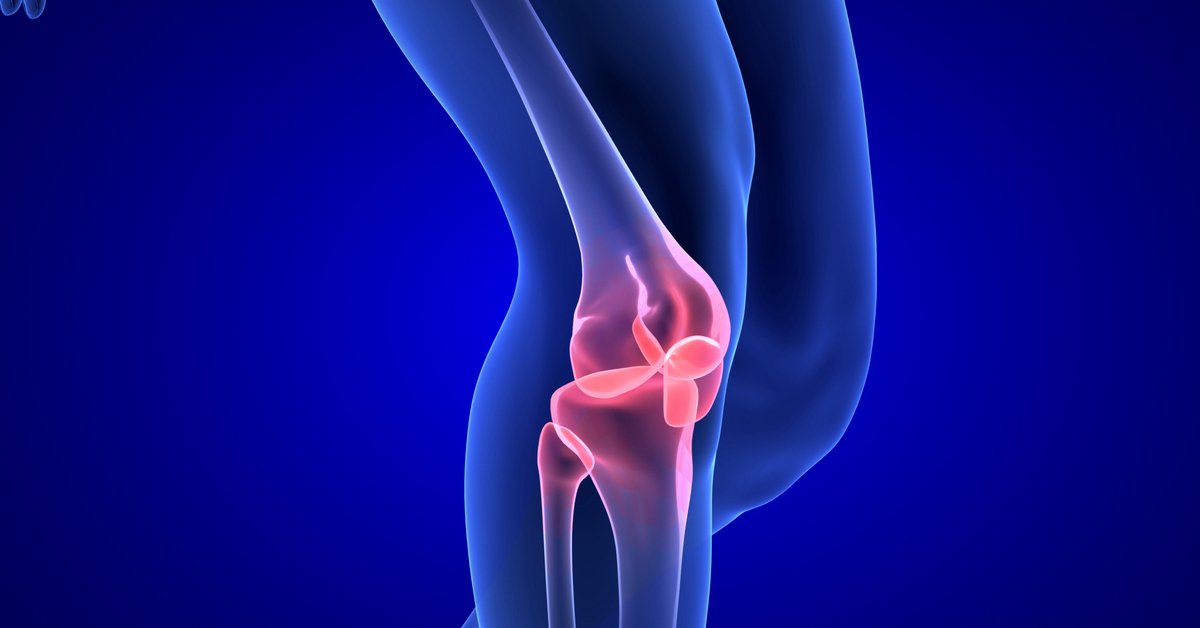Vitamin D deficiency has become a global health concern, with implications far beyond bone health. Emerging research highlights a significant link between low vitamin D levels and the development of autoimmune diseases. In this article, we’ll explore how vitamin D deficiency can trigger these conditions, emphasizing the importance of maintaining adequate levels for overall health.
Understanding Autoimmune Diseases
Autoimmune diseases occur when the body’s immune system mistakenly attacks its own tissues, leading to inflammation and damage. Common autoimmune diseases include rheumatoid arthritis, lupus, multiple sclerosis, and type 1 diabetes. These conditions can severely impact quality of life and require lifelong management.
The Role of Vitamin D in Immune Function
Vitamin D is not just a vitamin; it’s a hormone that plays a critical role in regulating the immune system. Here are some ways in which vitamin D contributes to immune health:
1. Regulation of Immune Cells: Vitamin D helps modulate the activity of various immune cells, including T cells and B cells. It encourages the differentiation of T cells into a regulatory type that prevents excessive immune responses.
2. Anti-Inflammatory Effects: Vitamin D possesses anti-inflammatory properties that help to maintain immune system balance. This is crucial in preventing the immune system from overreacting and attacking healthy cells.
3. Enhancement of Pathogen Defense: Adequate levels of vitamin D enhance the body’s ability to fight infections, which can be particularly beneficial in preventing the onset of autoimmune responses triggered by infections.
How Vitamin D Deficiency Contributes to Autoimmune Diseases
Several studies have shown that low levels of vitamin D are associated with an increased risk of developing autoimmune diseases. Here’s how deficiency can lead to these conditions:
1. Impaired Immune Regulation: Without sufficient vitamin D, the immune system may become unbalanced, leading to an increased production of pro-inflammatory cytokines. This can exacerbate inflammation and lead to the development of autoimmune responses.
2. Increased Autoantibody Production: Vitamin D deficiency has been linked to higher levels of autoantibodies, which are antibodies that mistakenly target and damage the body’s own tissues. This can be a precursor to the development of autoimmune diseases.
3. Genetic Predisposition: Certain individuals may have a genetic predisposition to autoimmune diseases, and low vitamin D levels may trigger the expression of these genes, increasing the risk of developing conditions such as multiple sclerosis and lupus.
Prevention and Management
Maintaining adequate vitamin D levels can be a crucial strategy in preventing autoimmune diseases. Here are some tips to help boost your vitamin D levels:
• Sun Exposure: Spend time outdoors to allow your body to synthesize vitamin D from sunlight. Aim for at least 15-30 minutes of sun exposure several times a week, depending on your skin type and location.
• Dietary Sources: Include vitamin D-rich foods in your diet, such as fatty fish (salmon, mackerel), fortified dairy products, egg yolks, and mushrooms.
• Supplements: If you are unable to get enough vitamin D from sun exposure and diet, consider taking vitamin D supplements after consulting with a healthcare provider.
• Regular Testing: Get your vitamin D levels checked regularly, especially if you are at risk for deficiency or have a family history of autoimmune diseases.
Conclusion
Vitamin D deficiency can play a significant role in the development of autoimmune diseases by impairing immune regulation and promoting inflammation. Ensuring adequate vitamin D levels through sunlight exposure, diet, and supplementation can help mitigate the risk of these debilitating conditions. Prioritizing vitamin D is essential for maintaining overall health and well-being.
References
1. Autier, P., & Gandini, S. (2007). Vitamin D and cancer prevention: a systematic review. The Journal of Steroid Biochemistry and Molecular Biology, 103(3-5), 778-784. Read more here
2. Wang, T. T., et al. (2010). 1,25-Dihydroxyvitamin D3 is a direct inducer of antimicrobial peptide gene expression in human monocytes. The Journal of Immunology, 185(4), 1970-1976. Read more here
3. Heaney, R. P. (2006). Vitamin D: criteria for safety and efficacy. The Journal of Steroid Biochemistry and Molecular Biology, 102(1-5), 103-104. Read more here
4. Plechner, A. J., & Hurst, R. (2008). Role of vitamin D in autoimmune disease: A review. The Journal of Nutritional Biochemistry, 19(5), 323-329. Read more here
By maintaining adequate levels of vitamin D, individuals can support their immune system and potentially reduce the risk of autoimmune diseases.




